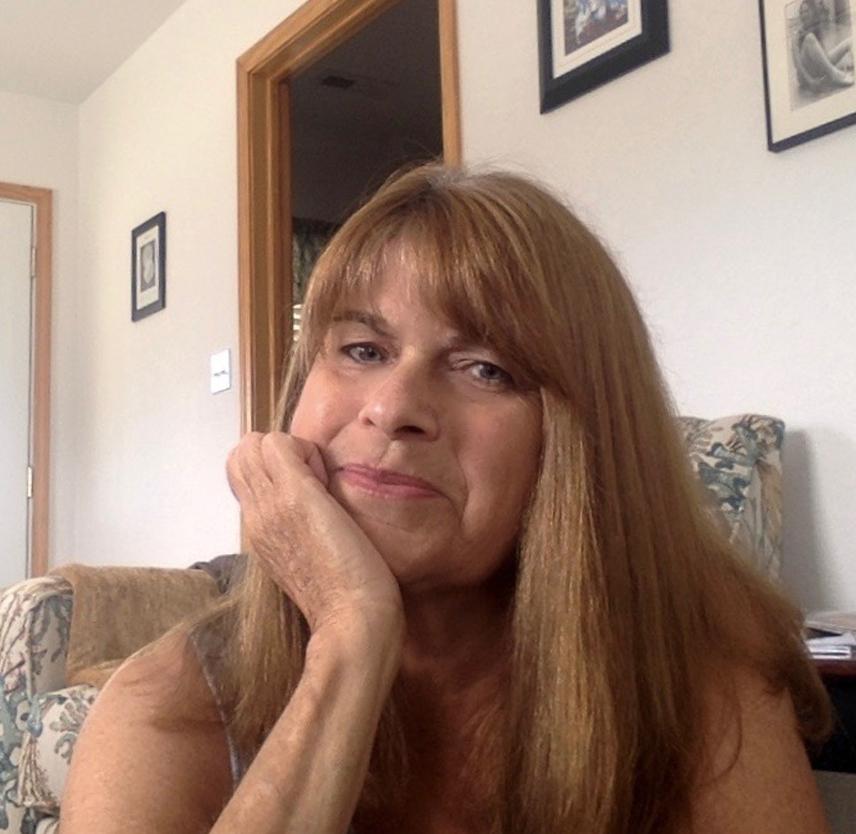
I have been told numerous times to stop asking, “What if?” What if this happens; what if that happens? Automatically, we imagine the what ifs as a worst case scenario, our worst nightmare happening to us, our life falling apart.
But here’s another way of looking at it. Asking this crucial question can lead us to empathy and understanding.
When I asked, “What if this accident happened to me?” I was the best caregiver I could be. “What if I knew the words in my head but could not speak them? What if I remembered walking, but my legs no longer supported me? What if I once felt a sense of usefulness and self-respect but lost my identity?”
What if?
I would be lost. I would need help. I would need every ounce of patience my family could afford me. I would need reassurance, love, and guidance, good medical care, some space to feel sorry for myself, the time to accept what has happened so I could move forward. I might need counseling help, a person to vent to, the privacy to cry, and a shoulder to lean on.
This simple question makes us think about the way we treat the person in our care. While we can’t walk in another’s shoes, there are emotions we share as humans: denial, grief, resentment, bitterness, anger, and sorrow. Acknowledging these emotions is the first step toward understanding and mutual healing. Trying to understand another’s pain is an act of love.
After my husband’s TBI, the what if question lead to creativity. What if I could not use my dominant hand or had swallowing issues like Hugh? What meal would be easiest to eat? What utensils would work best? What would I prefer was done in advance, so I did not have to feel like a child watching my wife complete a simple task that I could once do alone? (Like buttering bread, a two-handed operation.)
Creativity after brain injury makes life easier for everyone involved, the caregiver and the person with the TBI. For instance, if a person has problems with tripping or falling, creating safe pathways around the house will help avoid secondary accidents. And since the brain is an organ that monitors and controls various aspects of our physicality and behavior, and every brain injury is unique, each injury will require different approaches and healing strategies.
I’ve suffered the tortuous version of the what ifs, the worry and anxiety that comes with all the changes brain injury imposes. What if he doesn’t get better? What if we go broke? What if I can’t deal with all this and have a nervous breakdown? So instead of struggling with the question negatively, why not try to use these questions as a signal to turn them around, to turn them into a useful question? As a form of mindfulness, it means catching yourself asking a neurotic question and replacing it with a more positive version of the question. “What if I surprised myself and faced my fears? What if I tried harder to understand what he’s going through? What if our relationship strengthened because of his accident?”
Hugh’s accident occurred fifteen years ago, and every minute felt like a decade immediately after he was hurt. But the amazing thing is, the positive what ifs are the ones that happened. I did learn to face my fears. I did try harder to understand him, and our relationship did grow stronger.
My only wish is that I would have done this more. The creativity is endless. What if I tried a new approach? What if I used a different tone of voice to calm things down? What if I admitted I was harsh and apologized? What if I spoke more honestly about my feelings? What if I asked for the help I need? What if I ask for a second opinion? And remember that these questions should spur you to action. Asking yourself a question is not always enough. Take the leap. Fill your mind with possibilities and act on the ones that might lead to positive change.
Try it. I’d love to hear new ways to turn this fearful question into a constructive one.

Comments (1)
Please remember, we are not able to give medical or legal advice. If you have medical concerns, please consult your doctor. All posted comments are the views and opinions of the poster only.
Mike replied on Permalink
This is an excellent topic, and one from a point of view not my own (being a survivor). It shows me just how hard it is to "put oneself in my shoes." It also gives me something to think about as I embark on a caregiver role for a friend of mine who has cancer and suffered a stroke.
Thank you!
Mike Strand